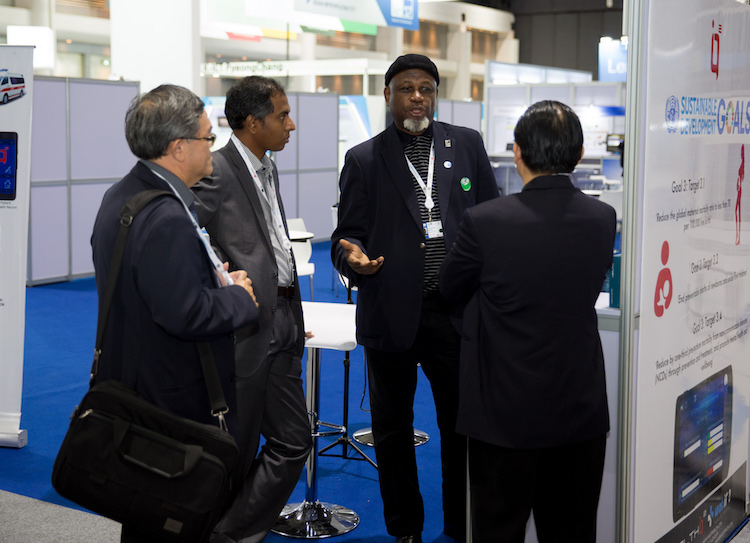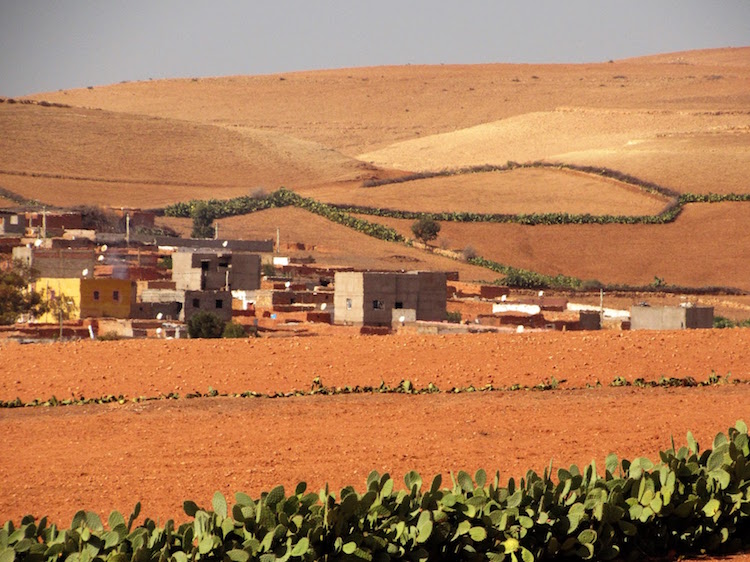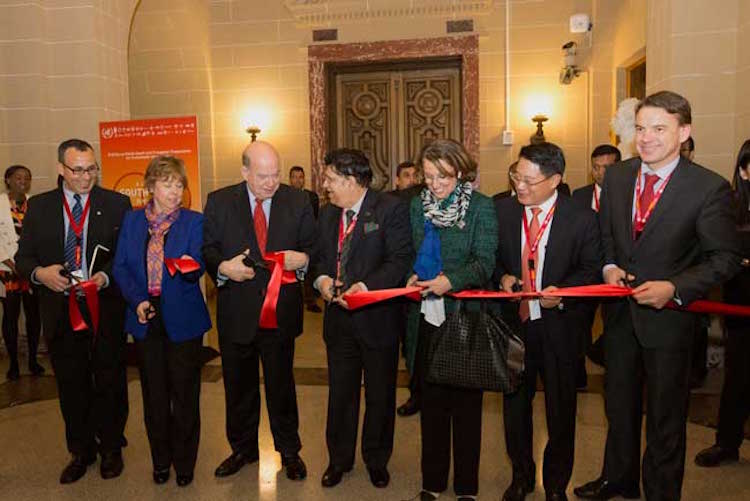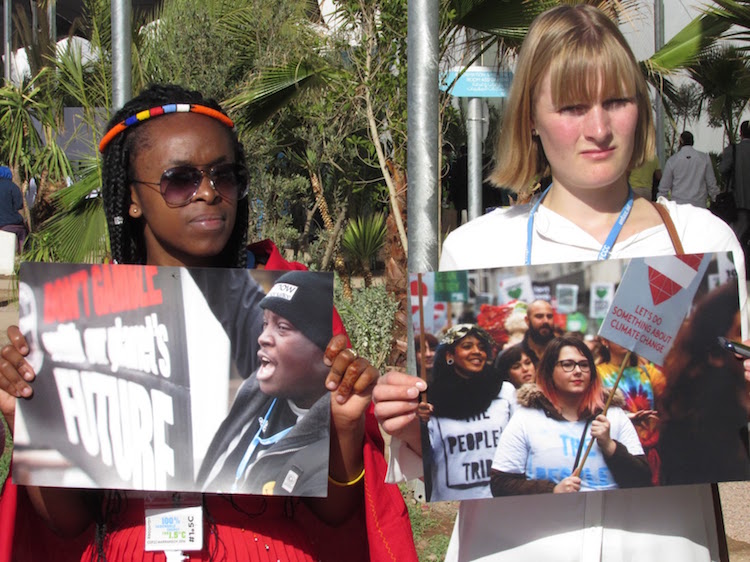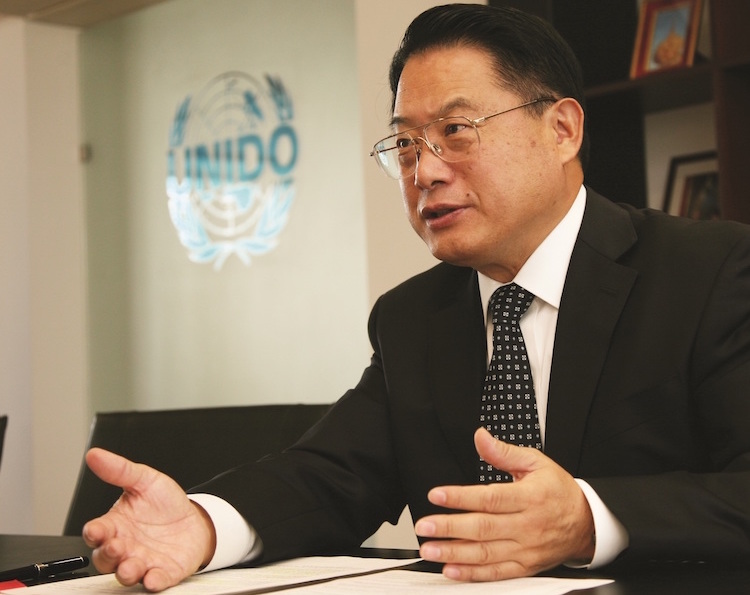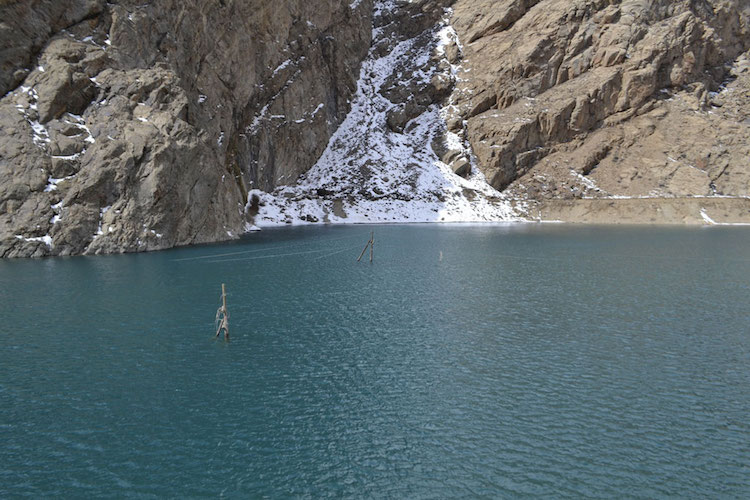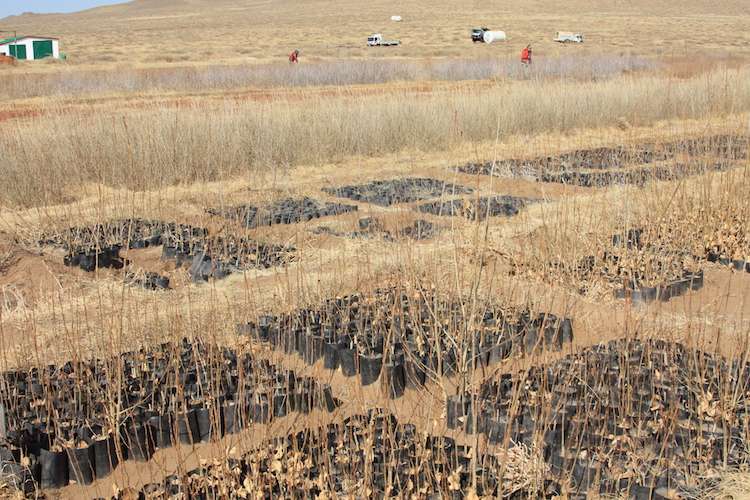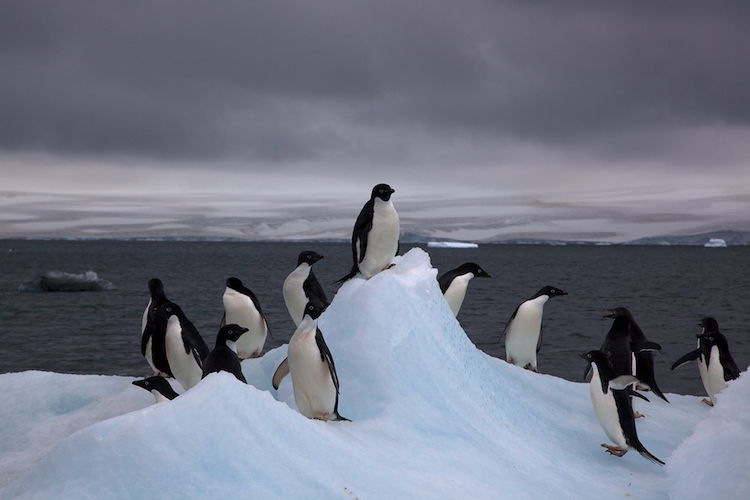Note: This article is moved in association with ITU’s media unit
BANGKOK (IDN-INPS) – Participants of an expert panel representing governments, private sector and NGOs at the ITU World Telecom 2016 event here argued that ‘disaster relief’ ICTs could be a Sustainable Development Goals (SDG) enabler.
Disasters (earthquakes, floods, cyclones, hurricanes, epidemics etc.) continue to undermine economic development, social development, and environmental protection. Thus existing and emerging ICTs can mitigate the impact of these disasters increasing the chance for countries to attain the SDGs by 2030.

